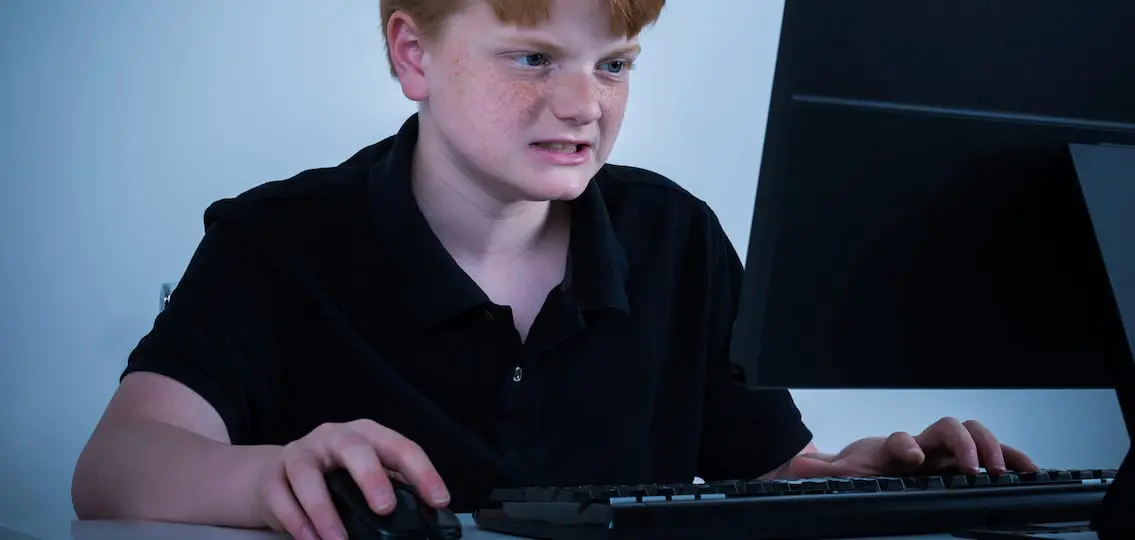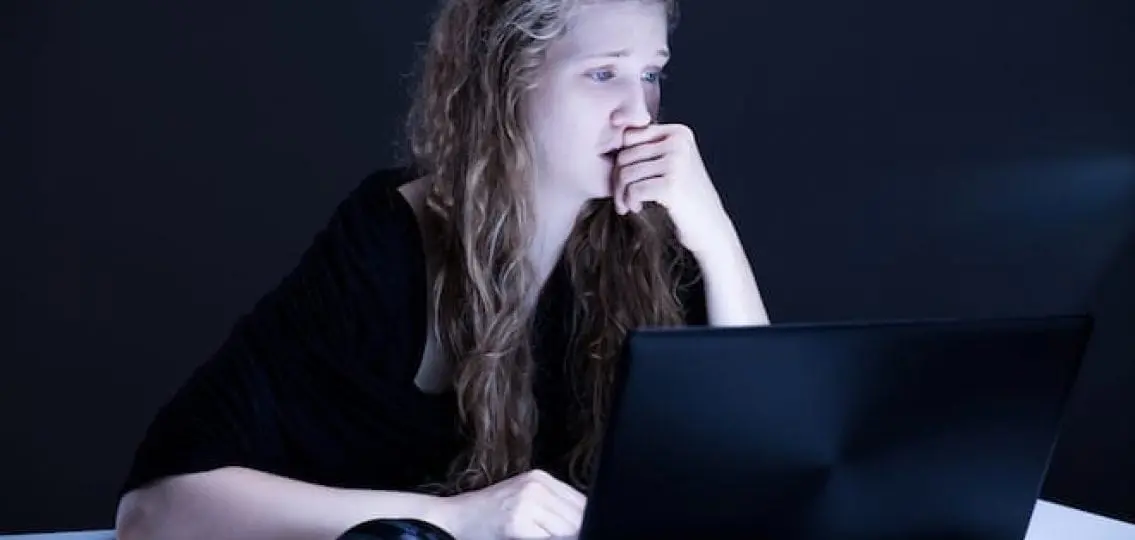The hate online can take you down, regardless of whether you’re 13 or 53.

Bloggers, in particular, learn this the minute they hit “publish.” A seemingly benign article can evoke hate-filled comments. One writer friend suggested that you might need to remove day lilies from your garden. Gardening advice! And the comments included a death threat.

That Saturday night, after a deeply moving experience at the Broadway show “Come From Away,” I turned on my phone and saw a message from our social media manager. Check out the negative comments on this article. In that second, I flipped from inspired to panicked. Eight hundred comments with the same theme. Most of the people who commented hated the article, hated the writer, hated Your Teen. (Most of whom, by the way, did not even click on or read the article. We can see that data.)
I knew that we should ignore the haters. Let them have their opinion and wait for the issue to die down. But my heart was reacting to every negative comment. I couldn’t understand the depth of emotion. I pulled down the post—which evoked a whole other level of hate.
One particularly angry woman commented on an unrelated article on our Facebook page that everyone should reach out to our Advisory Board and let them know what we had done.
Thankfully, the next comment revealed the possibility of civil discourse. A mom wrote, The comments were ridiculous. The article was one person’s opinion, and everyone who didn’t agree jumped on it … I didn’t agree with the article myself, but after reading it I shook my head and moved on.
At least she was able to find something good to do with all of those horrific comments:
There’s no justification for crucifying someone for having a different opinion, no matter how unpopular. I showed the comments to our kids as an example of how not to act when faced with conflict.
Naively, I did not know that trick-or-treating is a loaded topic. My neighborhood does not get many trick-or-treaters. My kids mostly didn’t participate. I had no measure of the depth of opinions. I posted the article on my personal Facebook page and asked my Facebook friends to help me understand the root of so many negative opinions.
I quickly learned that trick-or-treating evokes a wide range of deeply-held emotions. Some of my Facebook friends liked the article. A few agreed with the writer but didn’t like the tone. Some pointed out racial issues around trick-or-treating. Others worried about kids with disabilities. Many defended teenagers.
But the lesson was outside of the article and individual opinions about it. On my personal page, people shared their disagreements with respect. Subsequent in-person conversations were even more understanding of opposing positions.
I learned firsthand what we all know in theory—the more anonymity, the more hate.
And then something else happened. Our private messages blew up: People telling us that we are doing a great job. People saying thanks for being a great resource. People who were likely afraid to go against the aggressive hate that appeared on our Facebook page reached out privately. Our spirits started to lift.

And, there, we learned the simple lessons that our teenagers are struggling with every day they are online: Do your best. Let go of the haters. Support each other. Keep going.




